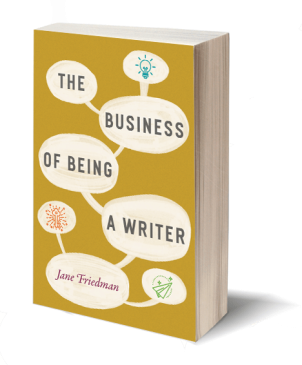Not too long ago I stepped down from my role as Secretary to Huddersfield Literature Festival. It wasn’t an easy choice, but I recognised that it had become the ‘reason’ I wasn’t writing; I was prioritising the work for the Festival over my own desire for a writing career. As such, it was time to let go of the excuses and commit to making this dream I have into a reality. The start of which was to self-publish my short story collection – The Memorial Tree. Now I need to figure out what’s next, and to do that I need organisation, good habits and some accountability.

I’ve decided that I will have at least ONE dedicated writing day every week, during which I will concentrate on the business of writing – because one of things I’ve realised recently is that writing is a business, and you have to treat it like such if you want to succeed in it. So much so that I wrote myself my own ‘job description’ for being the author I want to be: read it here if you’re interested.
So, here’s my plan for being a productive writer and fulfilling that job description. Much of this is adapted from the fabulous Jo Bendle, Productivity Coach extraordinaire, whose Wildly Successful Society I am a part of (and as a result of this amazing community I committed to publishing The Memorial Tree and other short stories).
Set Realistic Targets
I will get more specific when I’m deciding what it is I’m aiming for. Rather than just ‘enter that competition’, I will break down the tasks involved and work back from the deadline to ensure that I know exactly what is involved in accomplishing it.
I will commit to one or two things per month – not three or five, or some other insurmountable figure. It’s time to allow myself some easy wins and set some goals that I know I can achieve. Success breeds success, so why not let myself have some?
These things will be what will move me forward in my dream, but that doesn’t mean I can’t do other tasks – like blog writing, or tweeting, or reading. But it shall be these key monthly goals that will be the focus of my efforts, though I allow myself permission to change them if they’re not working for me.
Schedule my Writing Time
Every Sunday I will sit down and identify when I am going to achieve these goals. Based on the tasks that I’ve already broken them down into, I should be able to identify the best places to slot them into my week. Probably, most will happen on my dedicated writing day – but there’s enough wiggle room in my week to build in some extra time here and there.
I will prioritise the key goals I’ve set for the month. No distracting myself with blog posts or reading material. I’ll schedule in these tasks and commit to them, making sure that I allow time for other things later.
Do The Work
Seriously. I will sit down and do the work. I’ve had plenty of excuses ready over the past few months and it’s time to ditch these and simply put my bum in the seat and get stuff done.
Review the Process
It’s all well and good doing all of this, but I will also spend some time each Saturday reviewing how the week went and where I could have done better and when I smashed my goals.
I will also reflect on why certain things worked and others did not. This will provide me with the knowledge I need to improve my productivity and continue moving forward with my goals.
Finally…
I’m going to commit to my goals by telling my writing buddies what I’m up to and asking them to hold me accountable! There’s nothing more powerful to drive action forward than being responsible to someone other than yourself. If it’s just for me, it’s likely to get de-prioritised, but if someone is expecting something of me I’m much more likely to deliver!
